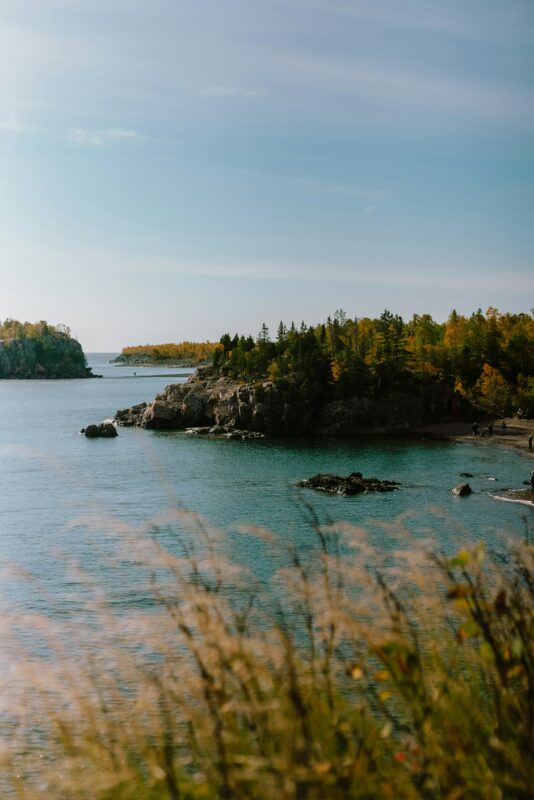
If you want to understand how Minnesotans truly feel about nature, it’s not politics you should listen to. Instead, try talking to someone cleaning fish on the tailgate of a truck or a grandmother whose porch overlooks a wild rice bed. These conversations won’t start with opinions—they’ll start with stories.
That’s the first thing that becomes clear when nature is seen not as a “cause” but as a place where people live. The perceived divisions are not nearly as deep as they seem. The key is to go upstream. Before politics. Before policy. Before debates about who should do what. Far enough upstream, a shared understanding emerges: people love this place. They want it to last. They are not looking at each other across a debate; they are looking out over the same lake.
Somewhere downstream, however, that shared sentiment gets dammed up, rerouted into outrage, or lost in bureaucracy. By the time it reaches the internet and the headlines, it has transformed into conflicts and opposing sides.
Interestingly, when Minnesotans talk about conservation, they rarely use the word. Instead, they talk about opening weekend, an uncle’s cabin, the first snowfall, or fiddlehead ferns fried in butter. This language is not about politics or science—it’s about belonging.
And belonging is powerful. It can’t be legislated, and it’s hard to fake. Either someone cares enough to pick up after someone else’s picnic, or they don’t. That’s why storytelling matters more than strategy. Once people fall in love with a place, they begin to care for it naturally, without being told.
That is the idea behind Upstream—not to dictate what people should do, but to remind them of what they already know. A grandfather keeping a map of fishing spots in his tackle box wasn’t thinking about policy, but he was practicing a quiet form of stewardship—preserving not just a tradition, but a relationship.
That connection is easy to forget, especially in a time when everything is divided into teams. Yet behind political narratives, a simple truth remains: people still go outside. Caring for the land isn’t a partisan issue—it predates politics. It’s woven into the habits of people who fix fence posts on land they don’t own or clear trails no one asked them to. These acts don’t make the news, but they shape the places people call home.
What’s needed isn’t more arguments, but more spaces to talk like neighbors. More slow walks. More thermoses shared in duck blinds. More reasons to arrive early or linger a little longer. Most people don’t need to be convinced to care—they just need to be asked.
Maybe that is what going upstream really means—not solving a problem, but remembering something already known. Because before Minnesota is an issue to be debated, it is a place to come home to.